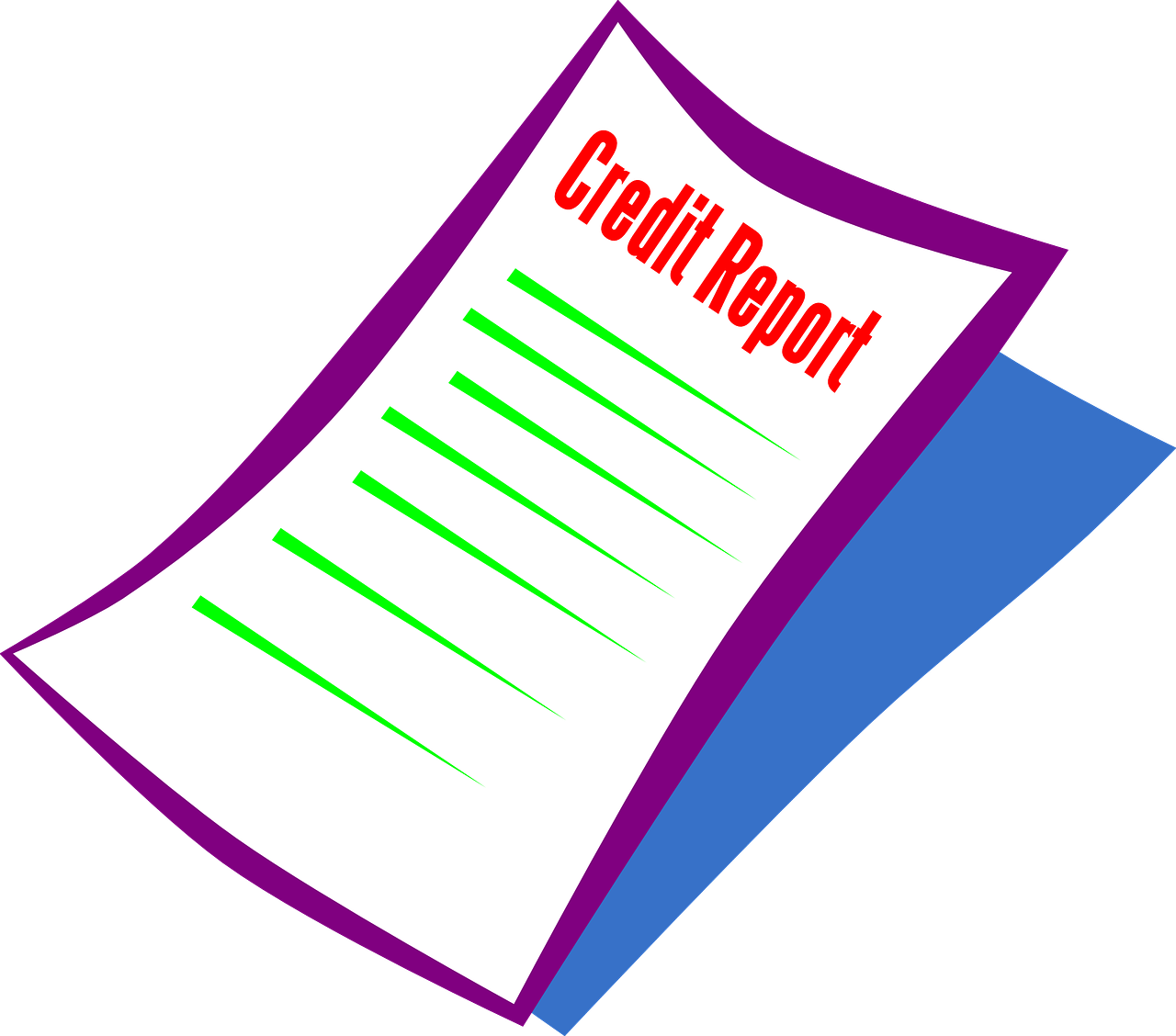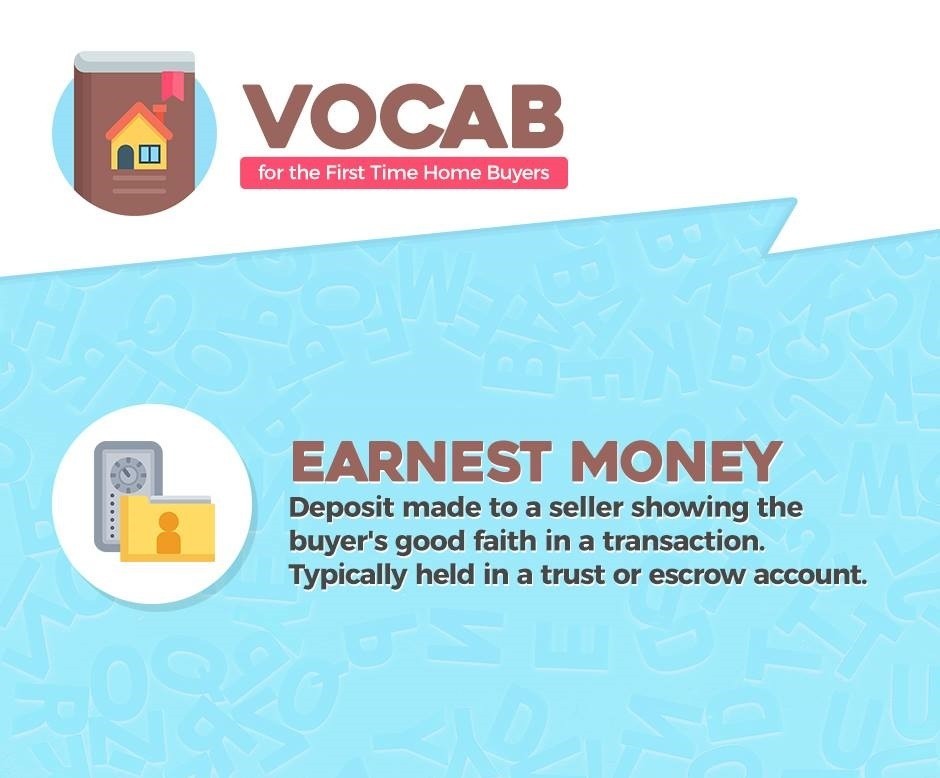Mortgage Terms & Definitions
Cary Mortgage Brokers
Below you'll find definitions of words and phrases commonly used in the mortgage industry and throughout the mortgage process.
Familiarizing yourself with these mortgage glossary terms will help you understand your loan officer and your mortgage options.
HOME BUYING CARY NC
Mortgage Glossary
Mortgage Terms, Phrases & Definitions to Help You Navigate the Path to Home Ownership

A type of mortgage loan whose interest rates automatically adjust with market indexes. ARMS begin with an introductory interest rate that will rise or fall once the fixed term has ended.

APPRAISAL
An opinion of a home’s value as of a given date of a property prepared by an expert. The experts are usually licensed in the state.
APPRECIATION
The increase in a property’s value over time.

AUTOMATED UNDERWRITING
A computerized system that preliminarily determines a borrower’s loan eligibility based on a predetermined set of financial criteria.


BUYER'S AGENT
Also known as the "Selling Agent", this real estate agent who works on behalf of a buyer by researching homes and neighborhoods and drawing up offers and contracts.

BUYER'S BROKER REPRESENTATION AGREEMENT
A written agreement that stipulates a buyer’s agent will work only on behalf of the buyer.
CLOSING COSTS
The miscellaneous costs associated with closing. These typically include a Loan Origination Fee and Discount Points, Appraisal Fee, other Lender Fees, Escrow and Title Fees, and the first year’s Insurance Premium.

COMPARABLES
(Comparable Sales): Properties that are similarly sized and have similar features to a subject property. By reviewing comparable properties, buyers and their agents can get an idea of a property’s market value.


COMPARATIVE MARKET ANALYSIS
Conducted by a real estate agent, this assessment of a property’s value is used to determine a reasonable offering price.

COUNTER OFFER
In a real estate negotiation, a counter-offer is typically a response by the seller to the buyer’s initial offer. It is usually lower than the initial listing price and higher than the buyer’s offer.
CREDIT BUREAUS
Private companies that collect and maintain individuals’ credit histories, which they provide to creditors for a fee. The three major credit bureaus are Equifax, Experian and TransUnion.

CREDIT REPORT
Produced by credit reporting agencies, this reveals the borrower’s history and current status of obligations. You’re entitled to one free credit report from each bureau every 12 months. You can request these reports at AnnualCreditReport.com.


EARNEST MONEY DEPOSIT
The deposit money given by the buyer to his agent or settlement agent upon the signing of the Offer to Purchase. This shows that the buyer is serious about buying the house.

ESCROW ACCOUNT
Lender-established accounts through which a borrower makes payments and a lender takes deductions to cover the costs of mortgage insurance premiums, property tax payments, and homeowner's insurance premiums.
FIXED RATE MORTGAGE
A home loan in which the interest rate doesn’t fluctuate but rather remains consistent for the life of the loan.

INTEREST RATE
The rate, which fluctuates according to various economic forces, that is the measure of the price at which money can be borrowed.


LISTING AGENT
A listing agent is a real estate agent who represents a homeowner in the sale of their home. A listing agent's duty is to look out for the seller and obtain the best possible terms for the sale of a home.

LOAN TO VALUE (LTV)
The loan-to-value (LTV) ratio is a financial term used by lenders to express the ratio of a loan to the value of the home. The term is commonly used by banks and building societies to represent the ratio of the first mortgage line as a percentage of the total appraised value of your home.
The mortgage loan originator collaborates with the applicant and provides guidance throughout the loan process, including evaluating whether an application is likely to be approved.

POINTS
Mortgage points, also known as discount points, are fees paid directly to the lender at closing in exchange for a reduced interest rate. This is also called “buying down the rate,” which can lower your monthly mortgage payments.


PRE-APPROVAL
A mortgage pre-approval is a commitment from a lender stipulating how much money a person may borrow and under what terms and conditions. It is necessary to be pre-approved for a mortgage before you put an offer in on a house you want to buy.

PRE-QUALIFICATION
Pre-qualifying is just the first step. It gives you an idea of how much of a loan you'll likely qualify for. Pre-approval is the second step, a conditional commitment to actually grant you the mortgage.
PRIVATE MORTGAGE INSURANCE (PMI)
PMI is insurance provided by private mortgage insurers to protect lenders against loss if a borrower cannot pay repayments. PMI insures the lender in case the buyer defaults on the loan.

REAL ESTATE AGENT
A state-licensed professional who negotiates the sale of real estate, typically on behalf of its owner. A buyer’s agent represents the buyer in a real estate transaction.


REALTOR
The term REALTOR® has one, and only one, meaning: REALTOR® is a federally registered collective membership mark which identifies a real estate professional who is member of the NATIONAL ASSOCIATION OF REALTORS® and subscribes to its strict Code of Ethics.

RESERVES
When mortgage lenders mention cash reserves, they are talking about extra money the borrower has in the bank at the time of underwriting and closing. The amount is typically expressed in terms of monthly mortgage payments.
TERM
The number of years it will take to pay off a loan. The loan term is used to determine the payment amount, repayment schedule and total interest paid over the life of the loan.

TITLE
Title is written evidence of ownership in a property. A title search and title report is prepared by the title company which is normally associated with the closing attorney who will handle the final signing and completion of your purchase.


UNDERWRITING
Conducted by an underwriter, it's the lender’s process of deciding whether to make a loan to a potential borrower based on credit, employment, assets and other factors, and the matching of this risk to an appropriate rate, term and loan amount.

USDA loans are zero-down-payment mortgages for rural and suburban home buyers. USDA loans are issued through the USDA loan program, also known as the USDA Rural Development Guaranteed Housing Loan Program, by the United States Department of Agriculture (USDA).
The basic intention of the VA home loan program is to supply home financing to eligible veterans and to help veterans purchase properties with no down payment.

DEBT TO INCOME RATIO (DTI)
The debt-to-income (DTI) ratio is a personal finance measure that compares an individual's monthly debt payment to his or her monthly gross income.

HOME PURCHASE MORTGAGE LOAN OFFICER
Choosing the Best Loan Program Begins with Choosing the Best Loan Officer
You can't be expected to learn everything about every program and know exactly which mortgage program is right for you.
That's your loan officer's job to do that for you!
We take care to review your information and determine which programs you qualify for and the pros and cons of each so we can share it with you and help you make the right the choice for yourself.
Click below to get started today.
We'd love to hear from you!
MortgageBroker.Pro
The Source for Connecting Home Buyers with
Reliable Trusted Mortgage Experts
Why waste time searching for mortgage companies, mortgage brokers, mortgage lenders and banks? We will connect you with a trusted expert loan officer in your area.

